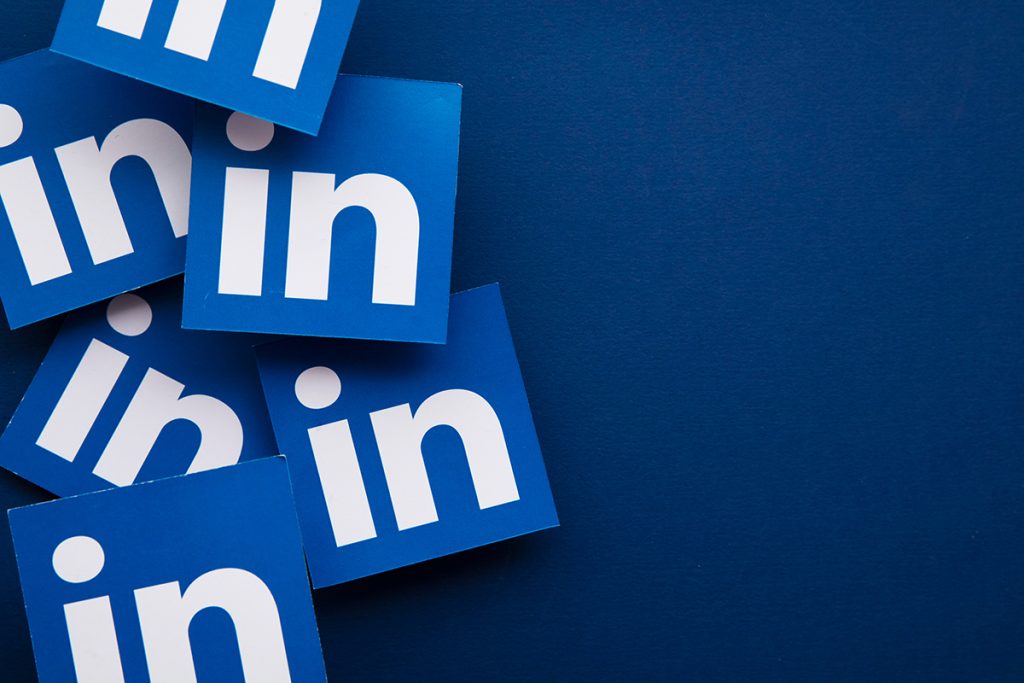LinkedIn is adding brain-busting games to its platform, aiming to enhance connections and foster camaraderie among its users. The move reflects a broader trend of social engagement on the platform beyond its traditional role as a professional networking site.
LinkedIn’s new games module will offer users three daily challenges designed to be solved in under five minutes. Accessible through both the desktop website and the mobile app, these games include “Pinpoint,” a word association game; “Queens,” a time-based logic puzzle; and “Crossclimb,” a trivia game combining elements of crosswords and word ladders.
LinkedIn’s foray into gaming marks a departure from its primary focus on professional networking and news sharing. The platform, owned by Microsoft, aims to tap into the growing popularity of brain-teasing puzzles that have become a staple of many people’s daily routines.
The decision to integrate games into LinkedIn’s ecosystem comes amid changing user behavior, with people increasingly using the platform for social interactions beyond job updates and work-related discussions. By adding games, LinkedIn hopes to provide users with a new avenue for connecting with colleagues, college alumni, and even associates at rival companies.
While games like Wordle have dominated the cultural zeitgeist, the link between games and news isn’t new, with examples like the crossword puzzle’s historic appearance in newspapers over a century ago. LinkedIn’s move follows a similar pattern, leveraging the social component of gaming to facilitate connections and spark conversations among its users.
Laura Lorenzetti, executive editor for LinkedIn News, emphasizes the platform’s commitment to helping users stretch their minds while fostering meaningful connections. The introduction of games aligns with LinkedIn’s ethos of providing tools for professional growth and networking, albeit with a playful twist.
Minda Smiley, senior analyst for social media at Emarketer, suggests that the success of these games could lead to increased user engagement, providing advertisers with more opportunities to reach LinkedIn’s audience. However, she cautions against straying too far from LinkedIn’s core identity as a platform for career-related discussions and networking.
The games module, which is currently ad-free, could potentially become a revenue stream for LinkedIn in the future, particularly as the platform looks to expand its advertising business. However, any changes should be carefully implemented to maintain the platform’s appeal to its core user base.
Ultimately, LinkedIn’s expansion into gaming reflects a broader shift in how people use social media, with platforms evolving to meet users’ changing needs and preferences. By providing a mix of professional networking and recreational activities, LinkedIn aims to remain relevant in an increasingly competitive landscape.
As users embrace these new features, LinkedIn hopes to become not just a place for job updates and work anniversaries, but a vibrant community where users can connect, collaborate, and have fun together. Whether these games will resonate with users remains to be seen, but LinkedIn is betting that they will provide a welcome addition to its platform.


